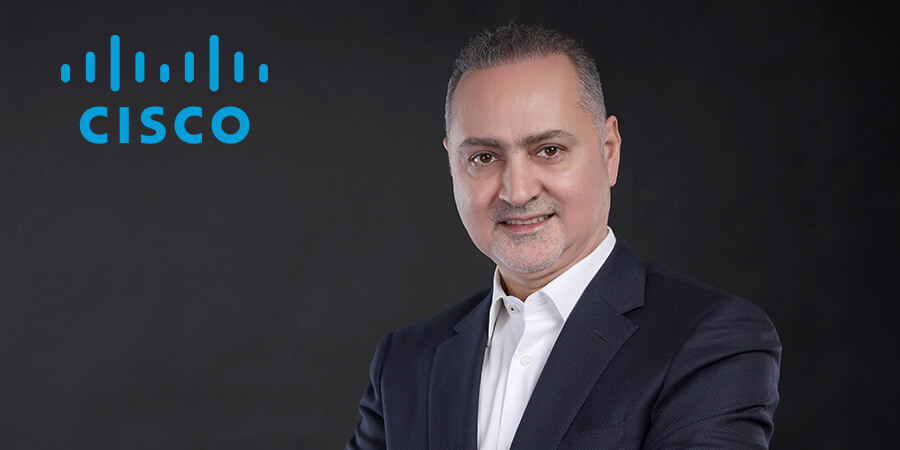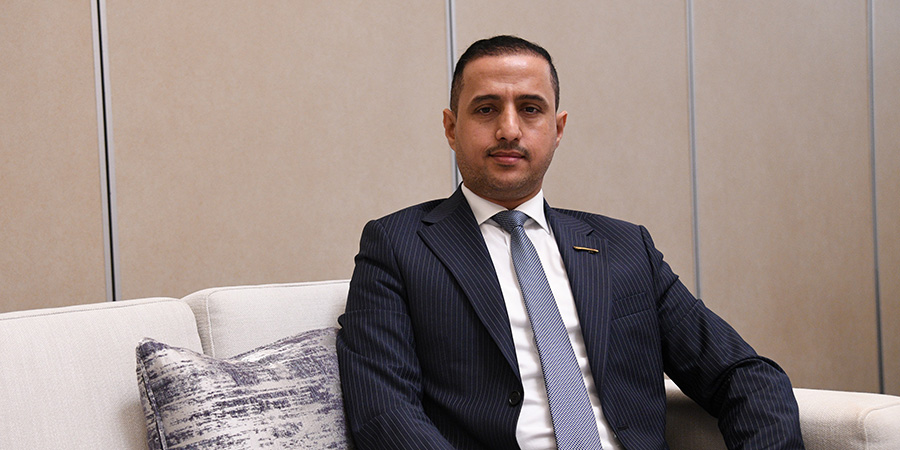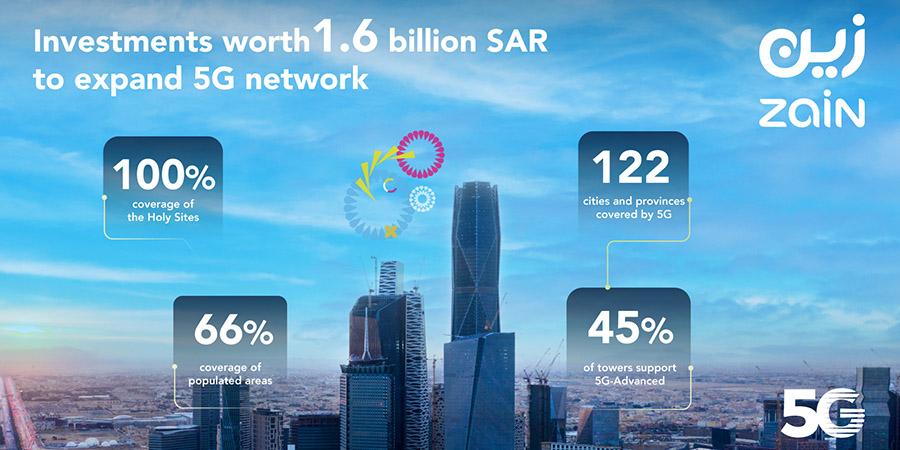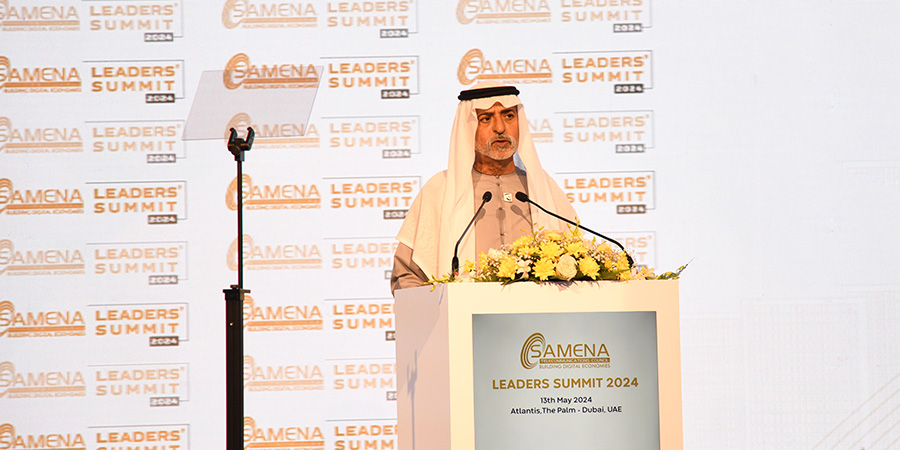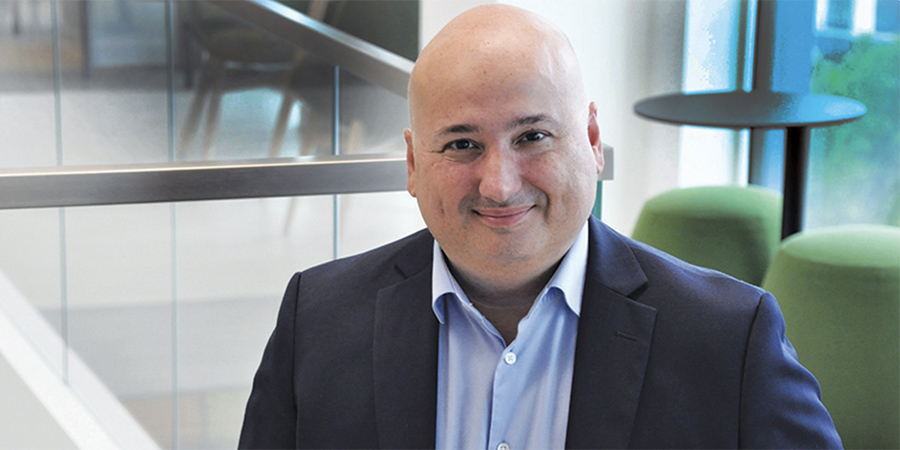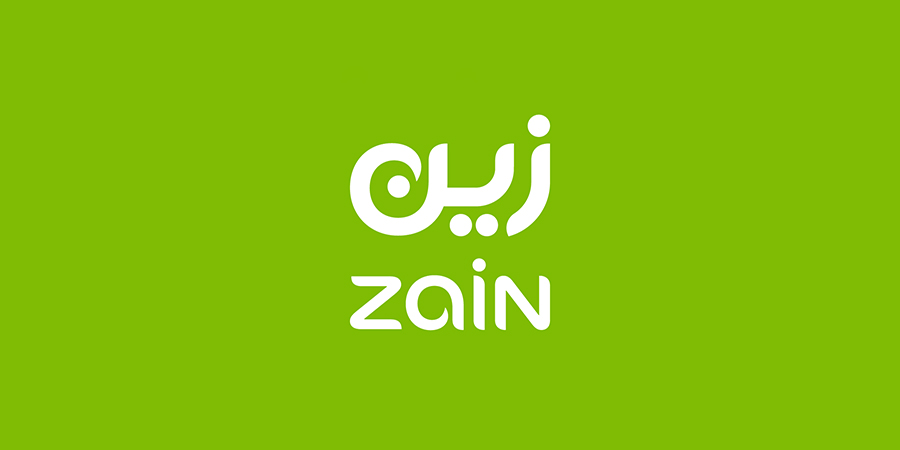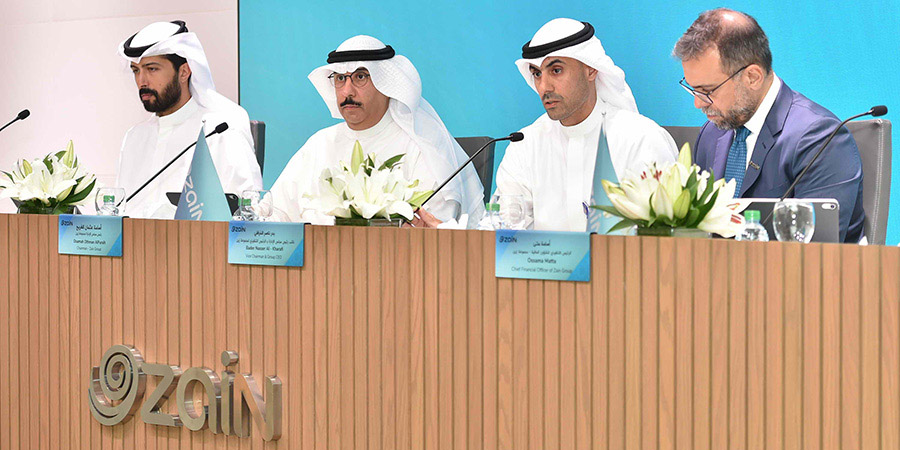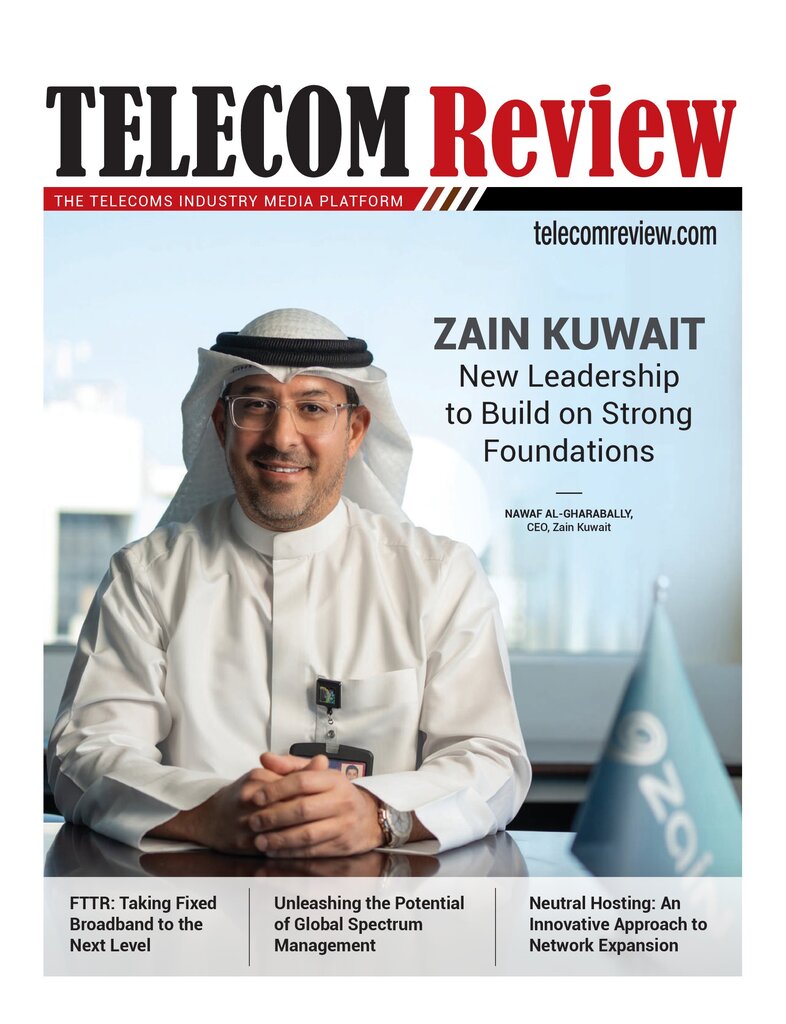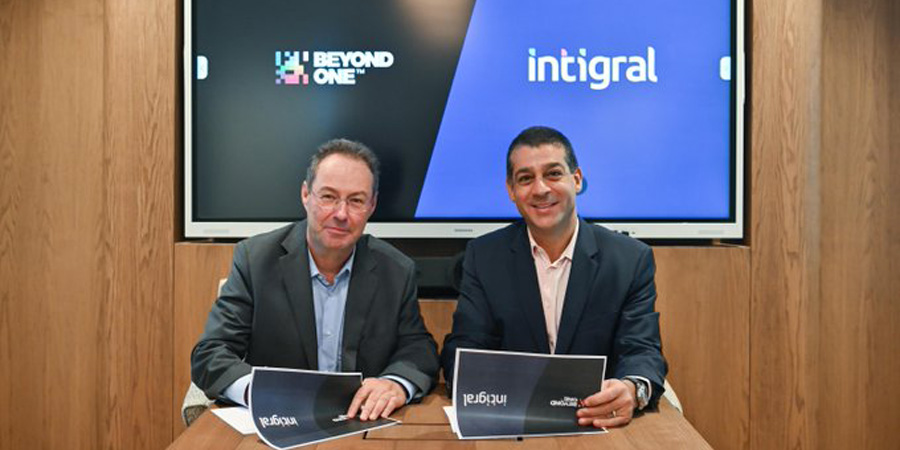In today's digital age, smartphones have become more than just a way to communicate—they are our gateway to the world. France, in particular, has seen a dramatic rise in smartphone use and internet access over recent years. Let's dive into the details and understand the impact of this digital revolution in France, highlighting key statistics on smartphone usage, internet connectivity, and app market trends.
The Rise of Smartphones and Internet in France
Smartphones are now the main way people in France access the internet. A significant study reveals that more than three out of every four people in the country have a smartphone. They use these devices daily for various online activities, such as browsing the internet, checking emails, and social networking. Since 2012, the number of people owning a smartphone has jumped from 28% to an impressive 73%. The ownership of tablet devices also saw a huge increase from 4% to 44% in just six years.
Moreover, having an internet connection at home has become common, with 85% of the French population enjoying online access. The use of the internet every day has climbed to 75%, up from 68% just two years ago. Among the myriad of activities that French people undertake on their smartphones, online gambling has also seen a rise. With the ease of access to platforms offering entertainment at their fingertips, many are drawn to casino bitcoin for its convenience and digital currency benefits. This explosion in online casino usage hints at the changing ways French people are utilizing their smartphones for leisure. Interestingly, younger people are moving away from traditional computers to mobile devices for internet use. In fact, 42% of French people now prefer using their smartphones over desktop or laptop computers to go online.
Thriving App Market Amid Regulation
The app market in France is not only flourishing but also evolving under new regulations. Since 2020, there have been over two billion app downloads each year, and in 2023, app market revenue reached $2.48 billion. This growth comes as younger people, especially Gen Z, spend their time on various apps for video/photo editing, social media, shopping, and more. An app called BeReal has been especially popular among this age group.
However, it's not all smooth sailing. The French government has started to implement stricter rules for big tech companies like Apple and Google, focusing on practices deemed unfair. These companies have faced hefty fines for their actions. Moreover, the EU's new Digital Markets Act, which started in May 2023, could further change the app marketplace by allowing third-party app stores on devices in the EU, including France.
Key Statistics:
- Smartphone Ownership: Over 75% of French people own a smartphone.
- Tablet Ownership: 44% of French people own a tablet device, a dramatic increase from 4% six years ago.
- Daily Internet Use: 75% of the French population goes online daily.
- Home Internet Connection: 85% of French people have internet access at home.
- Preference for Mobile Internet: 42% of French public prefer using mobile smartphones over desktops or laptops for internet access.
- App Market Growth: The French app market has seen over two billion downloads annually since 2020, with revenue reaching $2.48 billion in 2023.
- Gen Z Preferences: Younger generations in France prefer apps for video/photo editing, social media, and shopping.
The increase in smartphone usage and internet connectivity has transformed how people in France live, work, and entertain themselves. With ongoing technological advancements and regulatory changes, the digital landscape in France is set to evolve even further.
For a deeper dive into the statistics and trends shaping the digital future in France, visiting authoritative websites like the National Institute of Statistics and Economic Studies at INSEE provides comprehensive insights and updates on the digital economy and society in France.
The future of mobile connectivity and app usage in France looks bright, offering more convenience, entertainment, and opportunities for its users. From augmented reality experiences to digital finance, and even virtual casinos, smartphones are becoming the central hub for a broad spectrum of digital activities, marking a new era of connectivity and digital engagement in France.
Statistics of different ways of smartphone usage in france
Tools
Typography
- Smaller Small Medium Big Bigger
- Default Helvetica Segoe Georgia Times
- Reading Mode






